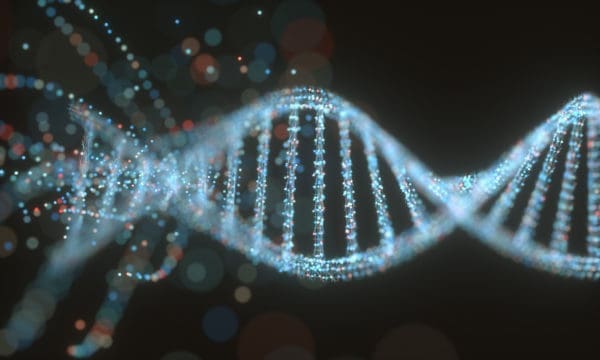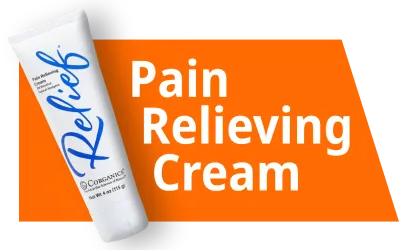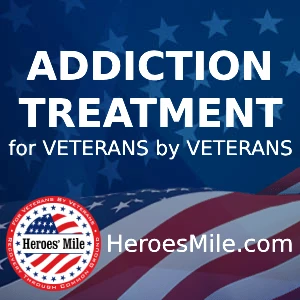Did you know the the stories you’ve heard from your family can give you important and helpful insight about your long-term health and wellness? It’s more than just using DNA tools to discover your ancestry; it’s about focusing on your family’s health history. Research shows that “96% of Americans believed that knowing their family history is important, but only one third have actually gathered their family history,” but that only 1/3 of us gather and record this information. On November 22, you can do more than celebrate Thanksgiving with your family. You can accept the challenge of gathering and recording their important health concerns in celebration of National Family History Day.
Get comfortable with being uncomfortable

When I read the above statistics, they made perfect sense. I know hundreds of funny, inspiring and even embarrassing stories about my family, but when I had to fill out an extensive form about their health history for my annual exam, I drew a blank. Last year, I was texting my sister from the doctor’s office so that I could provide accurate answers. It was an eye-opening experience indeed. I wish I would’ve known about the National Family History Day initiative.
The next time I sat down with my family, I started taking notes about everyone’s health history. It quickly got rather depressing because there are so many people in my immediate family who have had cancer, and the only survivor is my mom. Three out of four of my grandparents died from cancer. It was impossible not to fear for my children’s future health.
But despite my increasing anxiety, I continued to take notes and ask questions. In hindsight, I’m so thankful to have all of this information documented. And I plan to ask for updates each year on National Family History Day/Thanksgiving.
Inherited genetic conditions and inherited traditions
In the world of prevention and wellness, healthcare professionals have know for a long time that both common and rare diseases can run in the family. Chances are that if your blood relatives had heart disease, cancer, diabetes or high blood pressure that you may face an increased risk of facing the same medical challenges. Even rare diseases like hemophilia, cystic fibrosis and sickle cell anemia can be passed down from one generation to the next. For a list of diseases that commonly run in families, click here.
But it’s important to note that while genes play a role in our health concerns, our lifestyle choices do as well. Having a genetic pre-disposition to disease does not mean it will manifest. Traditions in choices such as what (and how often) we eat and our activity levels are passed down too.
If our families have traditions that focus on unhealthy foods and that don’t encourage physical activity and we continue with them, we put ourselves at risk for poor health and conditions such as cancer and heart disease. In fact, “inherited genetic mutations play a major role in about 5 to 10% of all cancers.” It’s crucial to our health to know what we are pre-disposed to, but we mustn’t overlook the traditions we keep alive and how they may be more likely to bring on illness and disease than our genes.

A history of chronic pain
Genetics are thought to play a role in many debilitating conditions, including complex regional pain syndrome (CRPS), fibromyalgia, sickle cell anemia, arthritis and sciatica. In CRPS and fibromyalgia, genetics is considered a possible factor. Sickle cell anemia, on the other hand, has been proven to to an inherited condition.
Enter genetic testing
If you want to more fully understand your health risks and how those risks may impact your children, you may want to consider genetic testing. A key component to such testing is having a comprehensive understanding of your family’s health history. Geneticists understand which genetic disorders are dominant and recessive and have an understanding of genetic etiology. There are certain genetic conditions that allow for patients to be “treated for their symptoms or modify their diets to prevent the onset of symptoms if diagnosed at an early age (newborn screening)”.
Determining gene mutations vs. environmental factors
Just because an illness or disease is described as running in the family doesn’t necessarily mean it’s easy to predict future risk. While some conditions that affect various family members are passed down from parent to child, others are not. Even with advances in research and testing, it can still be challenging for physicians and genetics professionals to determine if illnesses in families are caused by environmental factors or genetics or a combination of both.


If you dig deeper into the science of disorders, you’ll find there are many contributing factors to consider when trying to determine if it’s caused by a genetic mutation or not.
For example, Down syndrome is a chromosomal disorder that happens when a chromosome or parts of a chromosome are either missing or changed. Many types of cancers are considered Is cancer a genetic disease, meaning there are mutations in multiple genes that can be caused by lifestyle choices (like diet and exercise), but genetics can also play a role.
Participate in National Family History Day
Now you know exactly what to do when you’re chatting with family this week for Thanksgiving: chat with them about their health and write down what they tell you. You can even use the online screening tool My Family Health Portrait Tool that was created by the U.S. Surgeon General’s office to help you keep track.
How will you track your family’s health history?
Let us know in the comments section.
What topics related to family health would you like to see us research?
Email us at info@painresource.com with your ideas!
Are you on Facebook?
Join our online community by clicking here.




